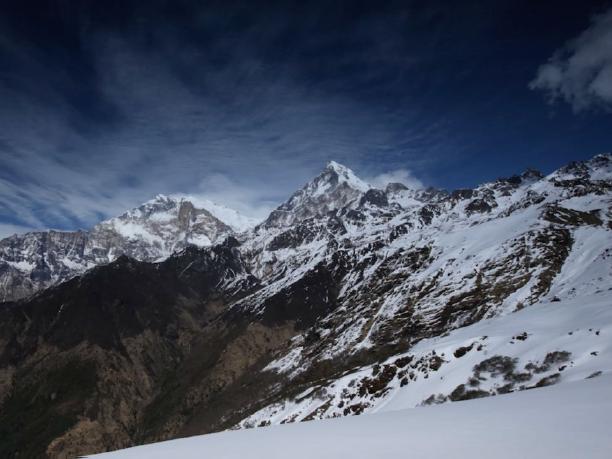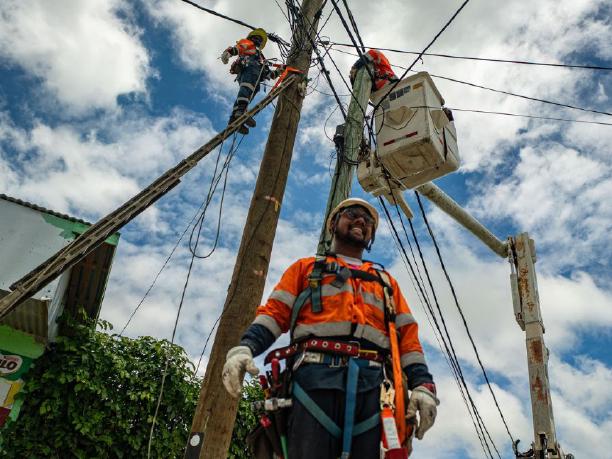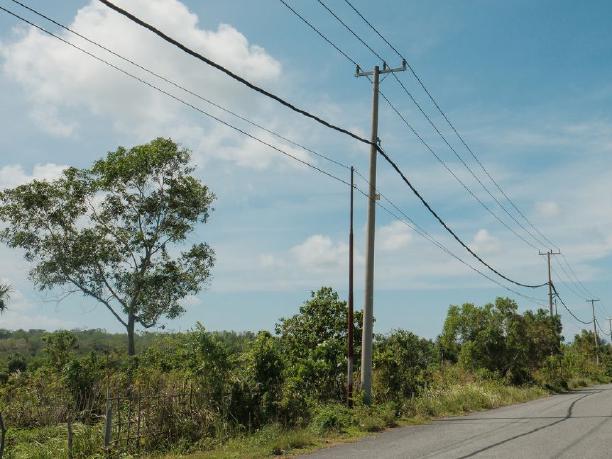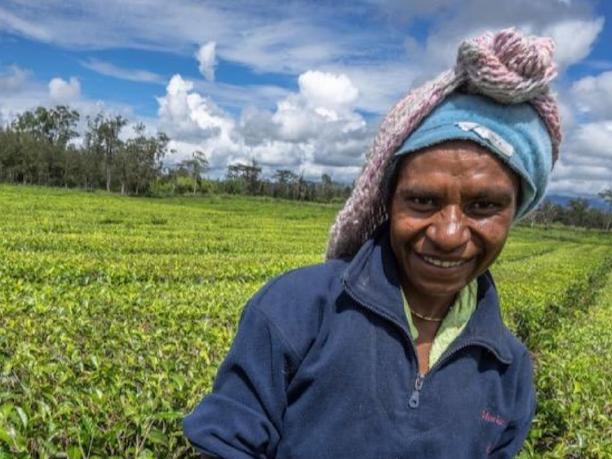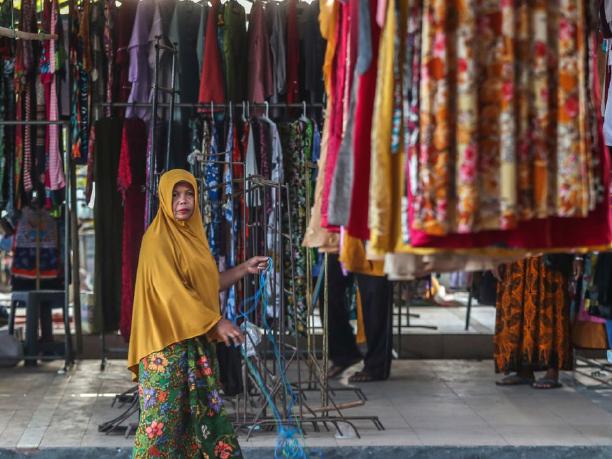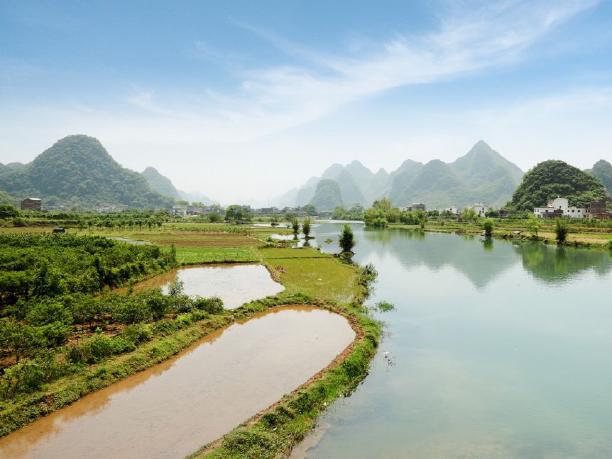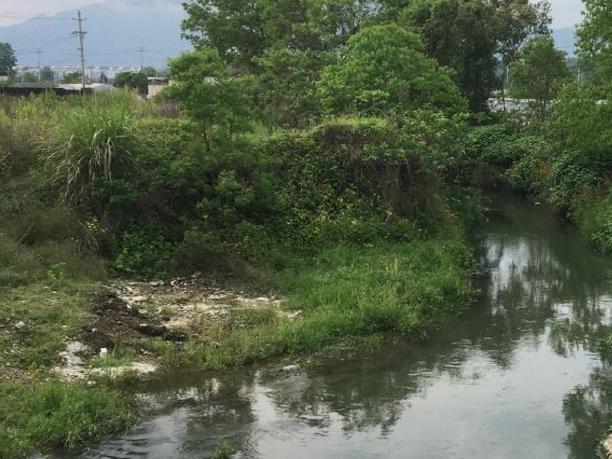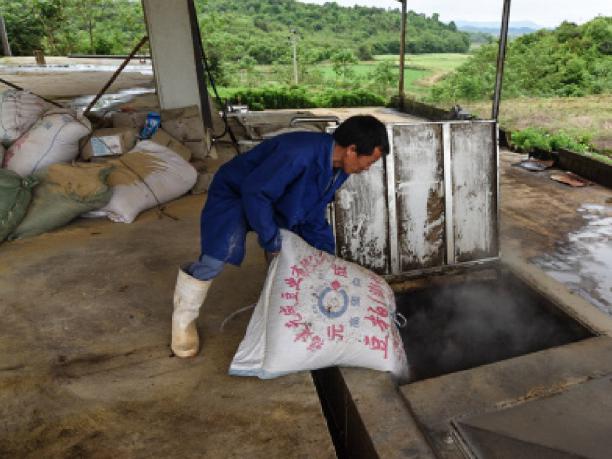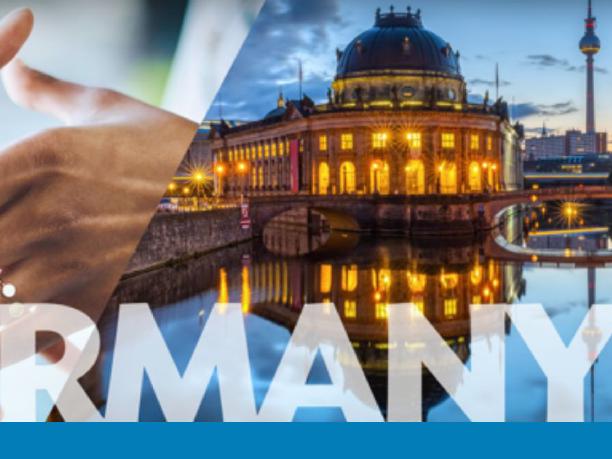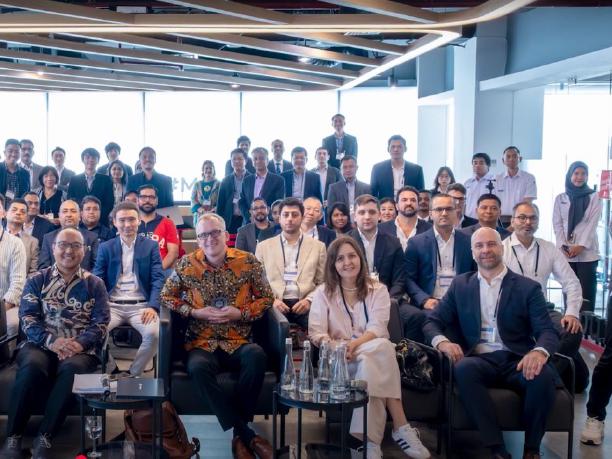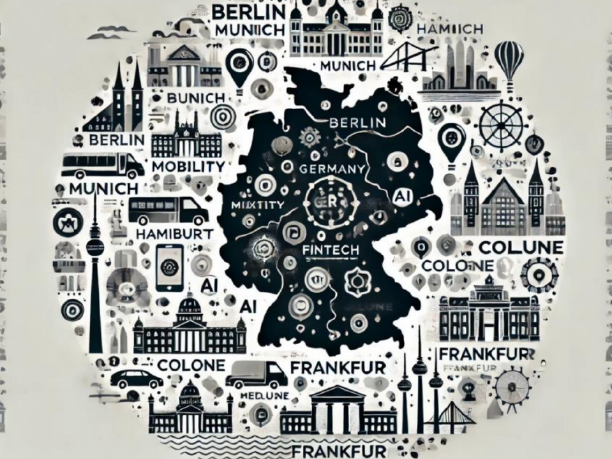The Federal Ministry for Economic Cooperation and Development is the lead ministry for Germany’s development cooperation and official development assistance policy. KfW Bankengruppe and Deutsche Entwicklungs- und Investitionsgesellschaft mbH are responsible for financial cooperation. Deutsche Gesellschaft für Internationale Zusammenarbeit GmbH is responsible for technical cooperation.
The key tasks of German development policy are set by the Federal Ministry for Economic Cooperation and Development. Germany’s development policy focuses on pressing global challenges: ending poverty and hunger, pushing back inequalities, providing global health, facilitating climate change mitigation and adaptation, achieving gender equality, and finding answers to displacement and migration.
Based on cooperation with international partners, Germany’s development efforts advance the global transition to sustainable, socially just, climate-compatible and environmentally sound economies. Through its feminist development policy, Germany empowers women and girls to assert their claim to equal rights, resources, and representation.
In December 2023, the Federal Ministry for Economic Cooperation and Development launched the Asia Strategy: German development policy with Asia (Innovative-Social-Feminist). The strategy focuses on five guiding principles: (i) gender equality for just and strong societies; (ii) giving a social and inclusive dimension to climate-compatible development; (iii) technical and vocational education and training in green industries of the future (decent, fair, and innovative); (iv) harnessing the opportunities of social protection as an investment in the stability and future of Asian societies; and (v) preserving biodiversity and ecosystems, and resource conflicts.
Germany is a founding member of ADB and has, since 1966, committed $2.1 billion to ADB special funds. Of this commitment, $2 billion is for the Asian Development Fund (ADF). The ADF provides grants to ADB’s low-income, developing member countries to help reduce poverty and improve quality of life.
